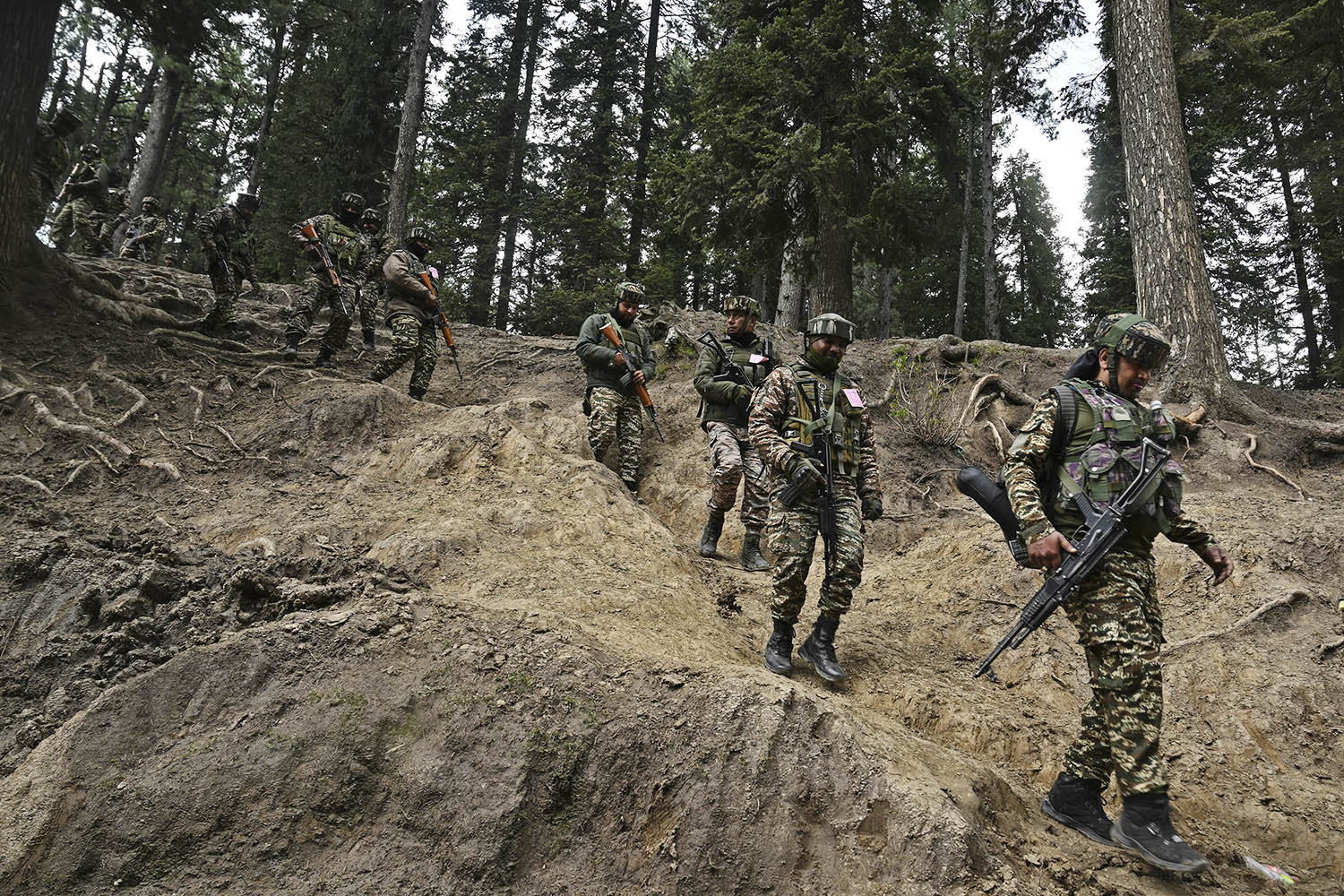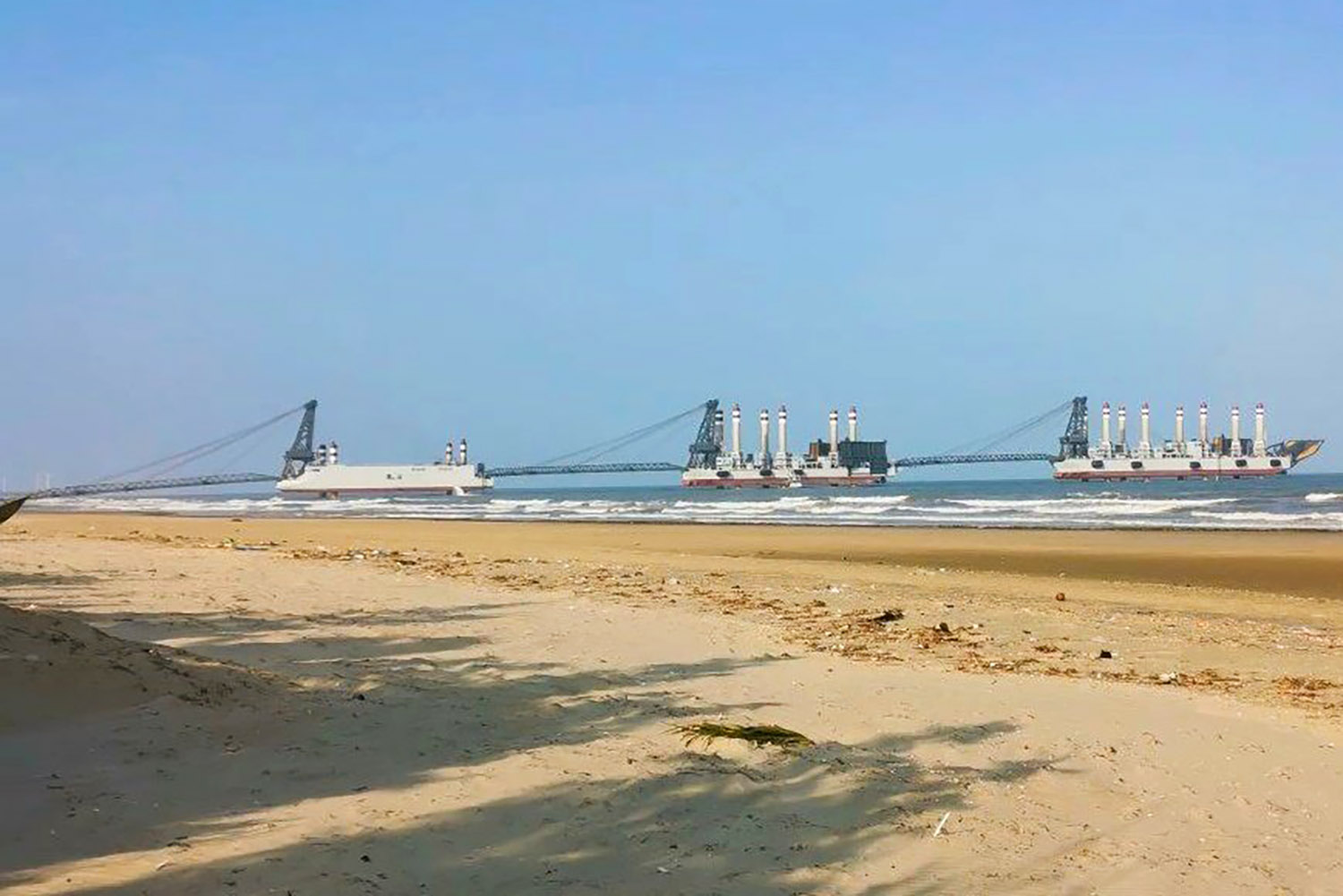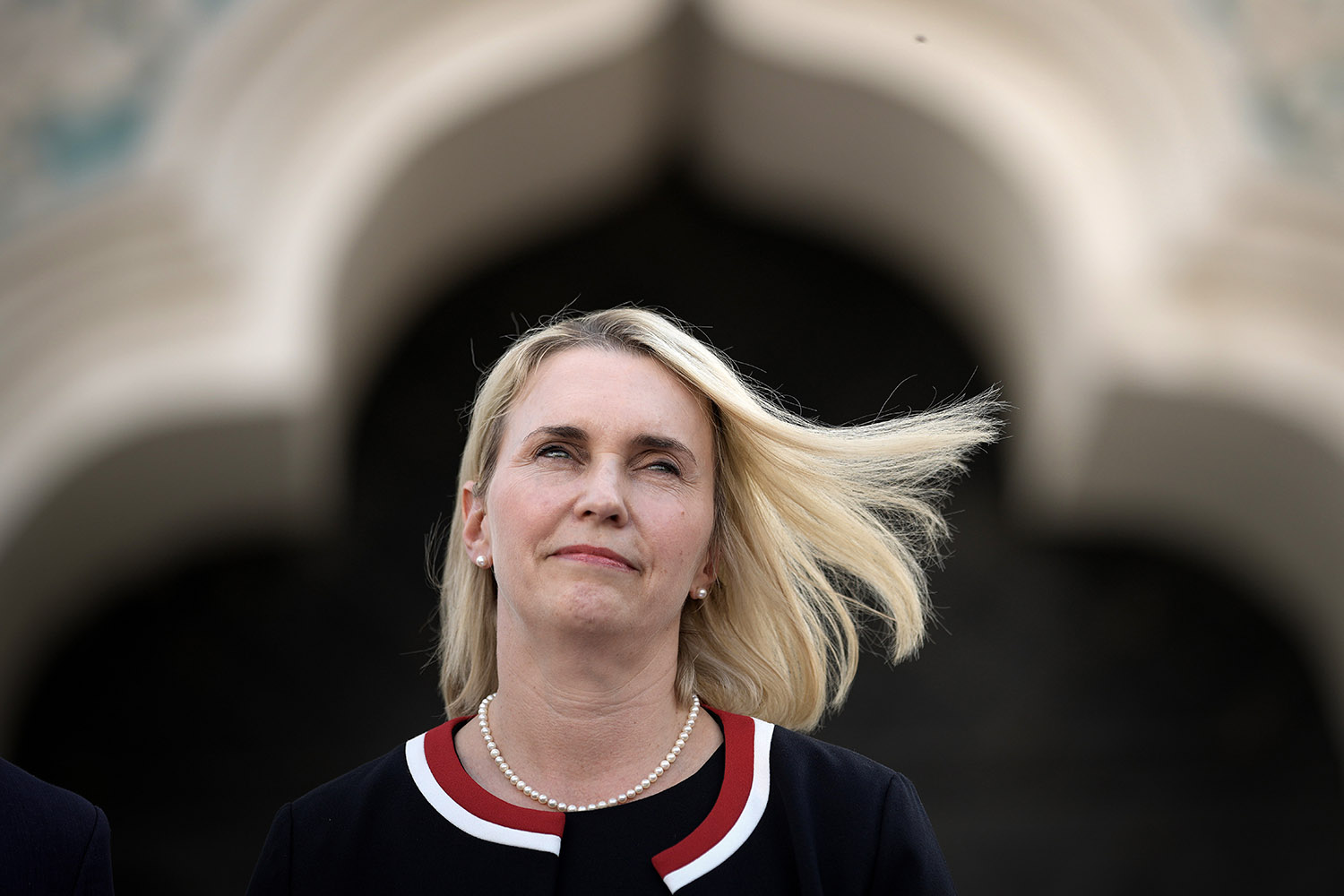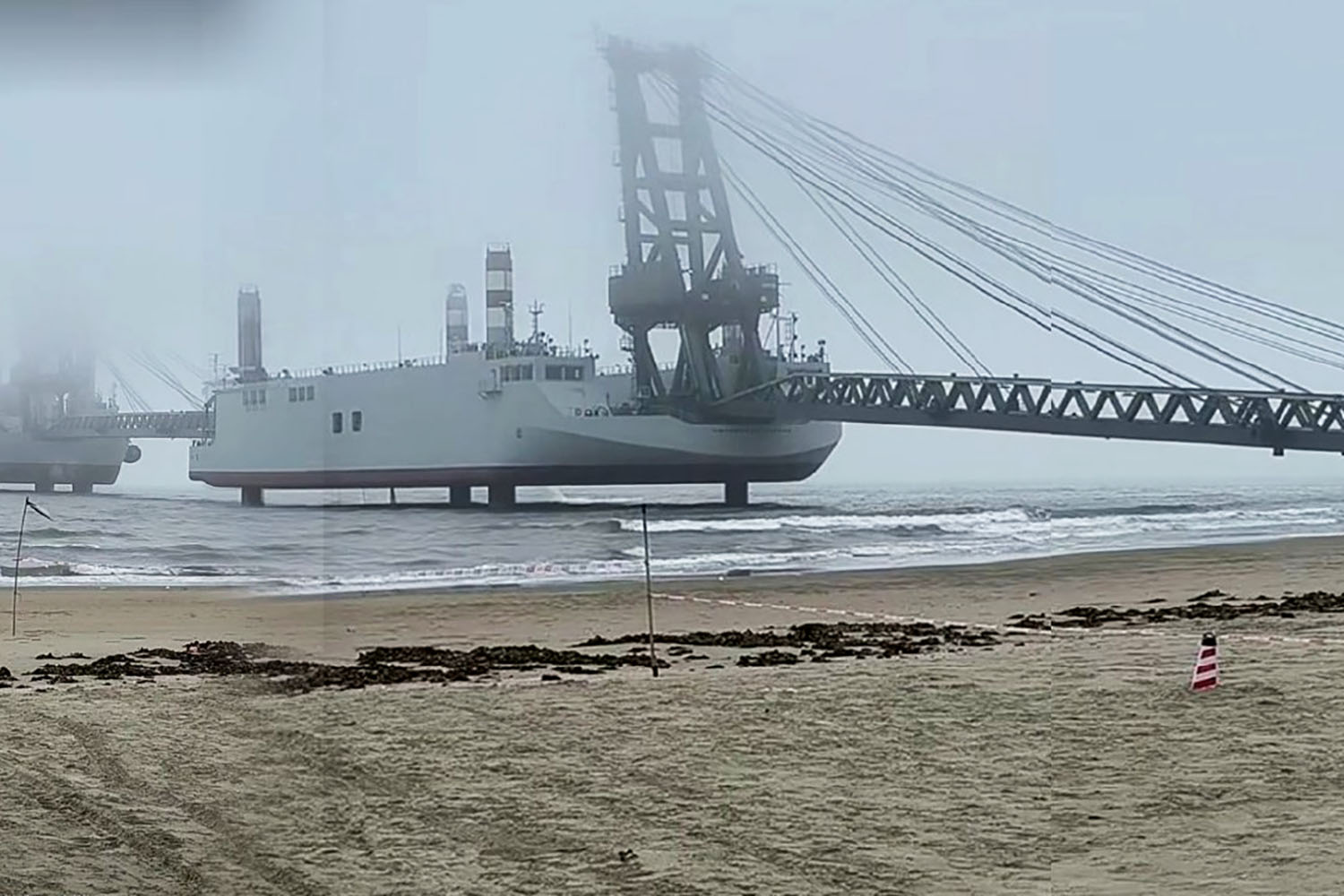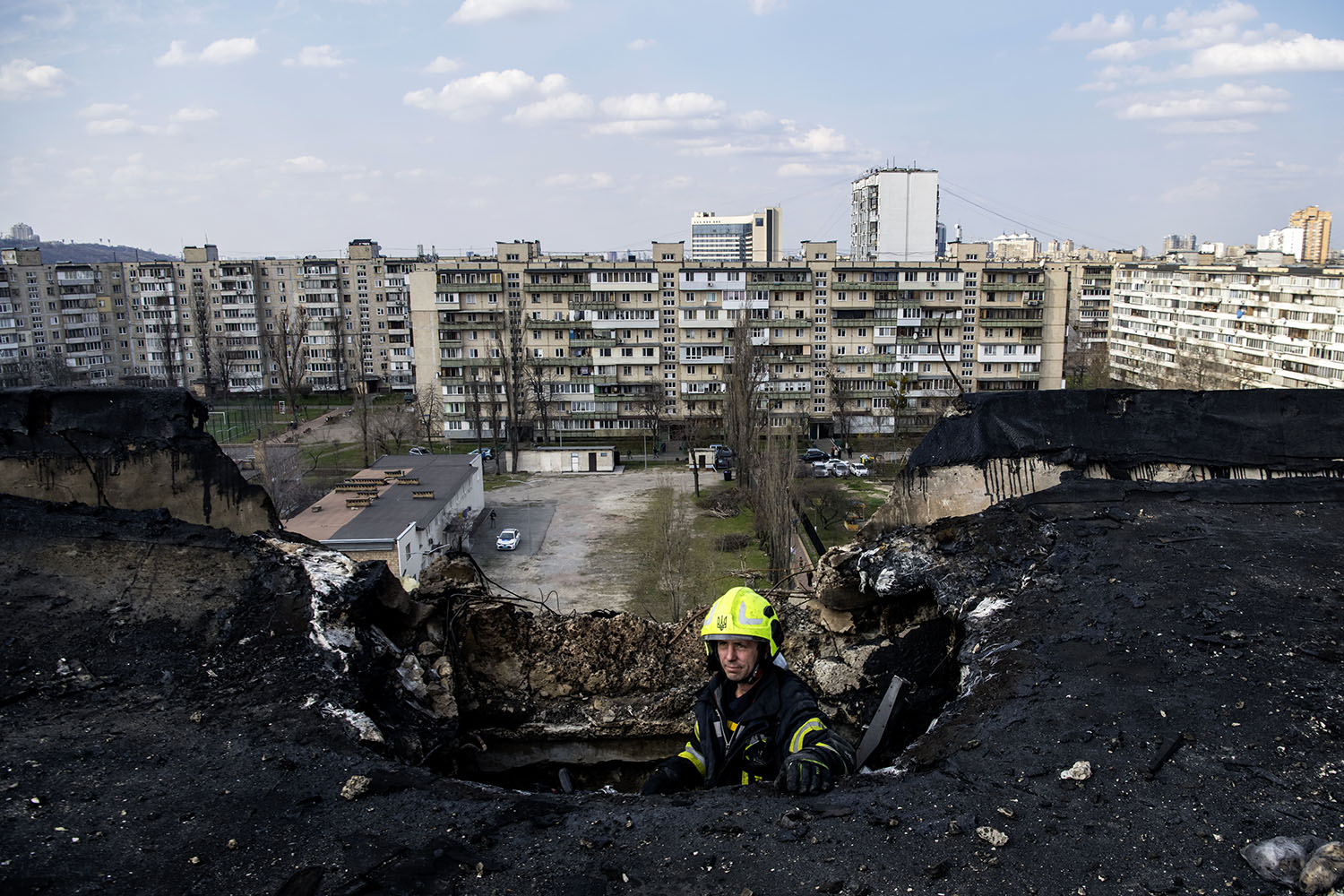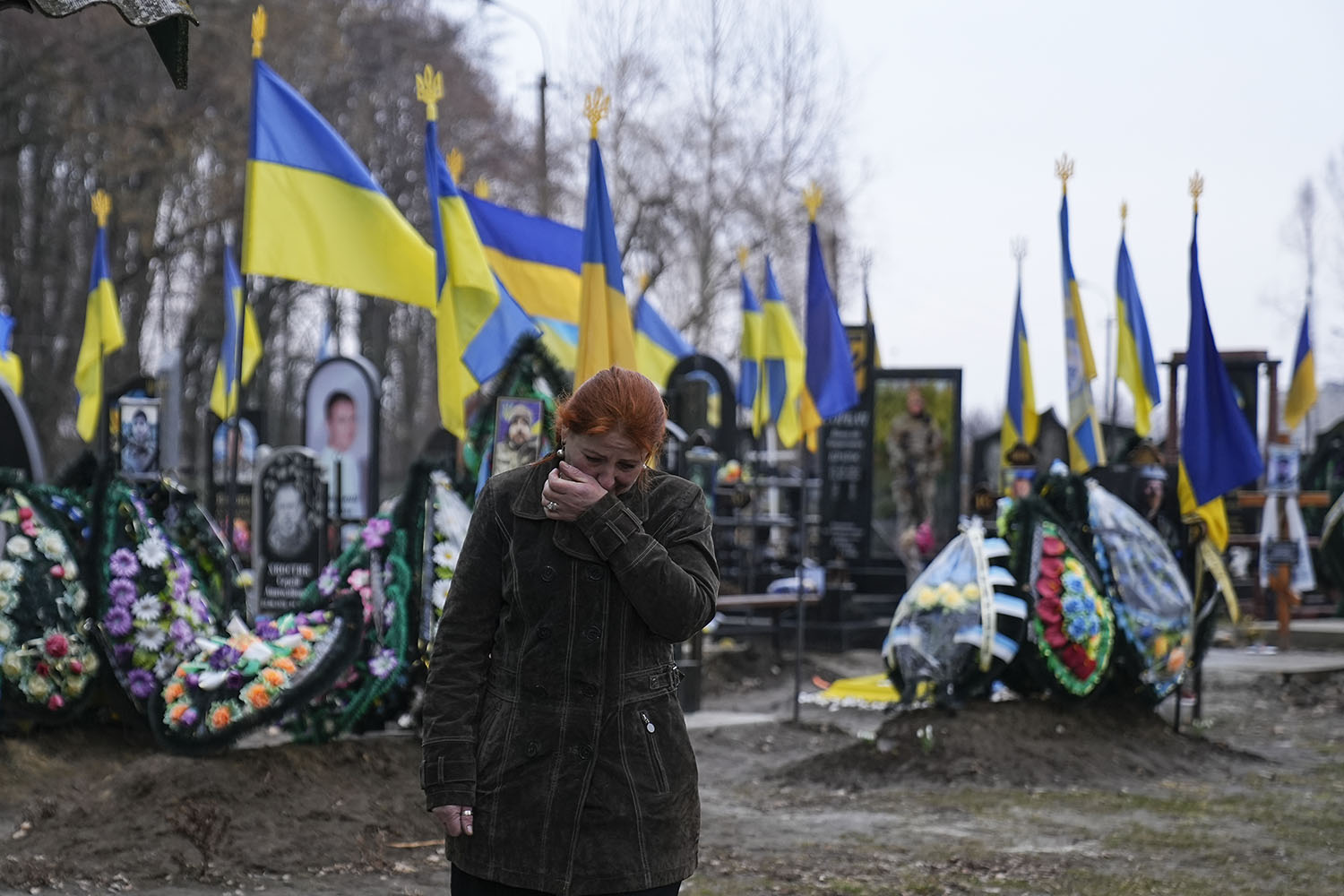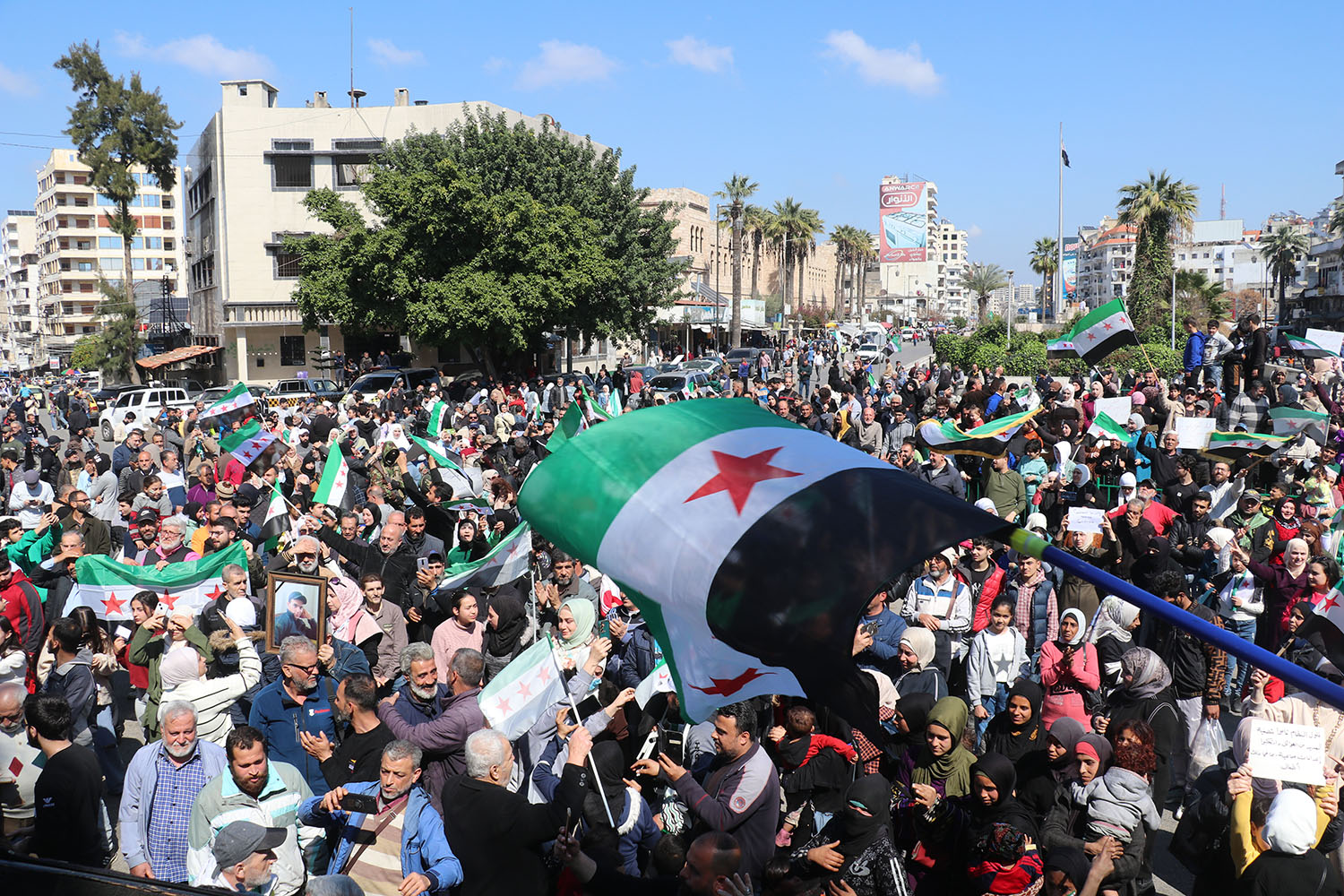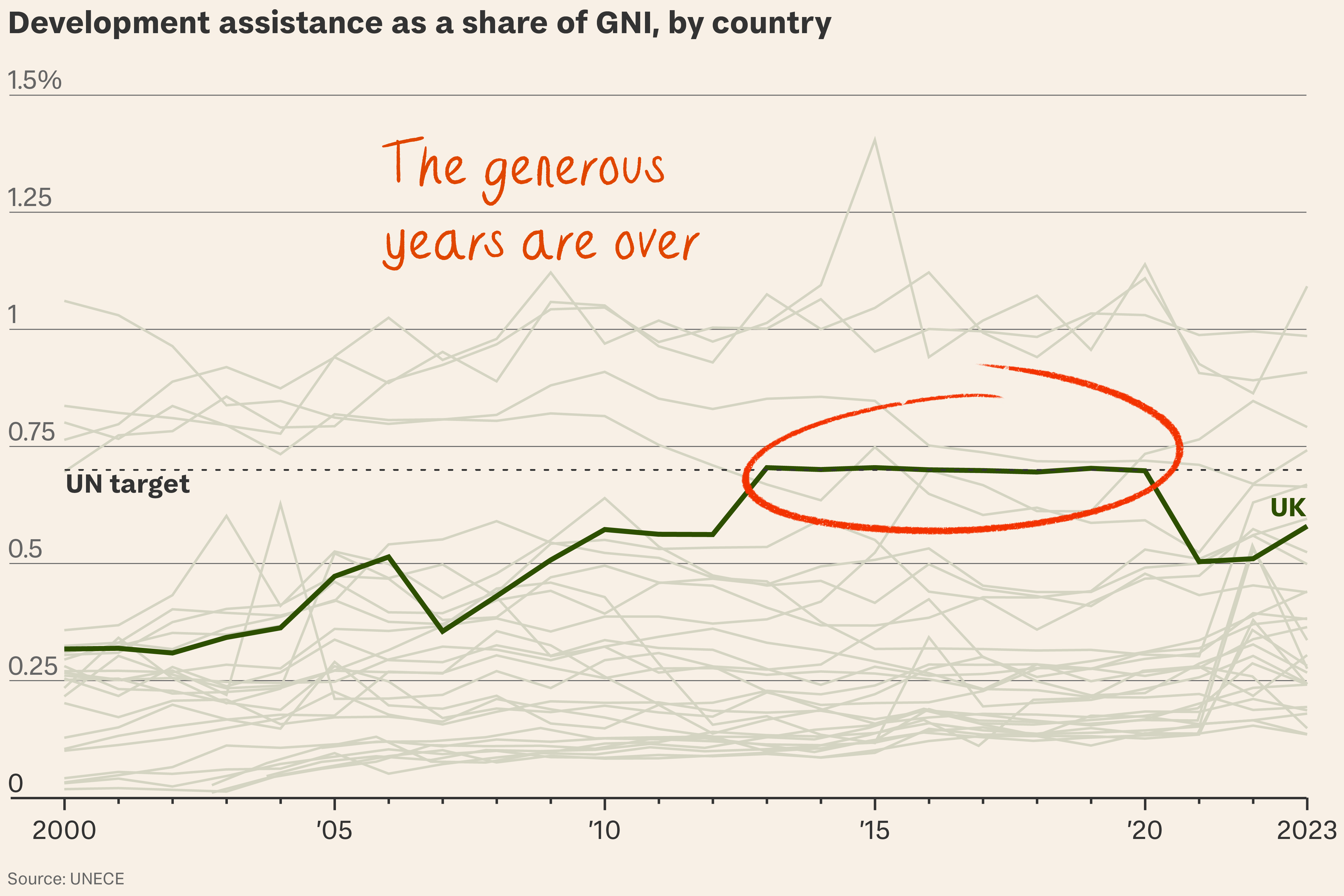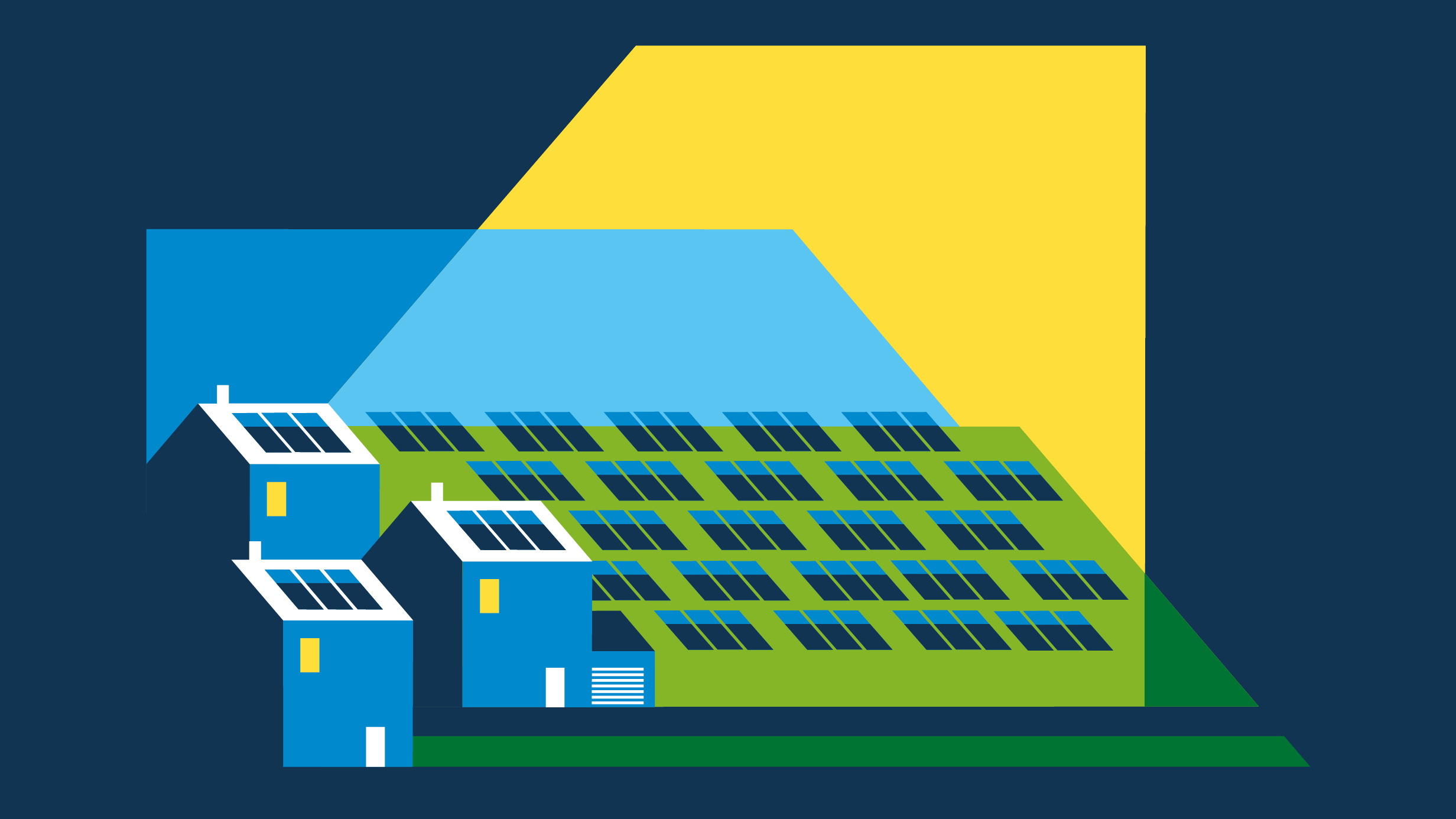
War in Ukraine is reshaping the flow of energy around the world. But what about emissions?
- France became the latest country to leave the Energy Charter Treaty, which protects investors in the sector but is seen as a barrier to climate action.
- Mark Carney dismissed reports that Wall Street banks threatened to leave his climate finance coalition.
- John Kerry told the BBC that King Charles should attend the COP27 climate talks.
Germany has fired up nuclear power stations; China has leaned on coal; gas exports from Qatar are booming. The war in Ukraine is reshaping the flow of energy around the world. But what does it mean for the transition to net zero?
Overall, emissions have grown more slowly than expected this year, according to the International Energy Agency, as solar and wind power have helped plug the energy gap. The IEA assessment is:
- The uptick in coal appears to be “relatively small and temporary” says Fatih Birol, its executive director.
- CO2 emissions are still growing, globally, but the forecast rise is less than 1 per cent this year.
- Nearly three times the quantity of CO2 would have been emitted this year if it were not for the rollout of renewable technology and electric vehicles around the world.
Europe has unveiled plans to further reduce its energy reliance on Russia, which include reducing demand, diversifying sources of gas and scaling up renewables. Putin’s war chest has been filled by fossil fuel revenues and the EU remains the single biggest customer for Russian oil, gas and petroleum products. But since the war began, renewables have produced a quarter of the EU’s electricity, saving €11 billion in gas costs, according to a study by think tanks E3G and Ember. Europe’s overall CO2 emissions from fossil fuels are expected to decline this year, the IEA says.
China has been busy buying Russian coal, oil and gas at a discount. Imports totalling €34.9 billion are up 17 per cent in the first seven months of the war and the country has overtaken Germany as the largest importer of Russian fossil fuels. Xi Jinping has made it clear that China won’t be rushed into a clean energy transformation. Despite slowing growth, domestic coal production is at record levels – an indication that anxiety about energy security and blackouts continues to trump climate goals in the short term.
But Lauri Myllyvirta, analyst at the Centre for Research on Energy and Clean Air, says that China’s most recent Five Year Plan shows “absolutely staggering ambition” for building renewable energy capacity. The country is on track to hit its target of 130–150 gigawatts this year. It’s also been splurging on long-term LNG contracts – a less GHG-intensive fuel than coal. China’s CO2 emissions from fossil fuels will be broadly flat year-on-year, the IEA says.
India paid for €6.6 billion of Russian hydrocarbons in the first six months of the war and is also expanding coal capacity. But in 2022 it has also installed 17 per cent more renewable energy capacity, year-on-year.
“India’s solar rush earlier this year shows how quickly change can come,” says Aditya Lolla
Senior Policy Electricity Analyst at Ember. In his Independence Day speech, Narendra Modi, India’s prime minister, said the country needed to achieve energy independence.
The US, meanwhile, has passed its most ambitious climate legislation in history. The Inflation Reduction Act is expected to bring US emissions 32-42 per cent below 2005 levels by 2030, according to the Rhodium Group, a consultancy. Right now, of course, President Joe Biden needs Saudi Arabia to pump more oil to bring prices down ahead of crucial midterm elections.
And the war has also unleashed a global scramble for gas, which is both an energy source and an essential raw material for the chemicals industry. As we wrote earlier this month, this has brought a windfall for Qatar and other gas-rich nations.
What does this mean for Russia? From early December the EU will ban seaborne imports of Russia’s oil (with an exception made for landlocked Hungary’s oil pipeline). The G7 group of rich democracies is also seeking to enforce a low price cap on Russian oil. But Russia has access to enough tankers to skirt control measures; up to 90 per cent of Russian oil is estimated to be able to flow outside the G7 cap mechanism, according to research by the US Treasury. Insurance is a trickier question, but here insurers from countries it exports fuel to may step into the gap. It is more difficult for Russia to find alternative buyers for its gas, a commodity that is harder to transport than oil. EU sanctions block the delivery of technology that Russia needs to liquefy its gas for easier transportation.
James Cameron, an independent adviser to the UK’s COP presidency, says: “Putin has not only miscalculated in his invasion of Ukraine with the resistance that’s occurring there, but he’s also miscalculated about the dependency the world has on his fossil fuels.”
Bad ads
It’s a watershed moment in the fight against greenwashing: the UK’s advertising regulator has banned two HSBC adverts for containing misleading information about the bank’s efforts to tackle climate change. Attendees of COP26 in Glasgow last year might remember the posters, which highlighted HSBC’s efforts to plant trees and help its customers achieve “net zero”. They’ve now been banned for “omitting material information” about the bank’s emissions. In 2021, HSBC put an estimated $8.7 billion into new oil and gas financing and while shareholder action last year compelled the bank to set reduction targets for its oil, gas and utility portfolios, campaigners have noted that they do not cover emissions from capital market activities. 60 per cent of HSBC’s financing to top upstream oil and gas companies is in the form of capital markets underwriting. Misleading ads are just one part of a much larger problem.
A message from our sponsor
Companies are investing more time producing climate risk disclosures based on the TCFD recommendations. However, these disclosures are not translating into actionable strategies to accelerate decarbonisation. The EY report analyses the reasons behind this by reviewing the disclosures made by 1,500 companies across 47 countries. Find out more

Mississippi mud
Water levels in the Mississippi river have dropped to record lows as the US Midwest’s dry summer extends into autumn. An area the size of the state of Georgia is still covered by extreme drought conditions and the US army has been called in to build a 1,500 foot-wide underwater levee to prevent salt water from the Gulf of Mexico creeping upstream. But it’s not just drinking water supplies that could be affected: the Mississippi gets particularly busy this time of year with barges carrying produce from the Corn Belt to other parts of the country. Many are now being forced to queue for days on end. Exposure of human remains and shipwrecks in the river will add to the shock factor of what’s already been a historically dry year for the US.
A green PM?
Liz Truss’s short record on climate while in office wasn’t all that dire; she lifted the ban on onshore wind. But will Rishi Sunak bin some of her less eco-friendly proposals? One is her plan to ban solar panels from being built on English farmland. Farmers, the supposed beneficiaries of the proposal, are calling for it to be axed on the grounds that building solar on less productive land allows them to subsidise their agriculture businesses during tougher years. The second proposal facing pushback is Truss’s plan for windfall tax on green energy suppliers: Energy UK, the industry trade body, is arguing that a levy would have “catastrophic consequences” for investment in British renewables. Sunak might be tempted anyway – he has a lot of book-balancing to do, and didn’t shy from slapping the oil and gas giants with a similar measure.
Art attacks
Climate activists’ strategy of targeting famous artworks with household basics seems to be cutting through. This week the victim was ‘Grainstacks’ by Claude Monet, the weapon: mashed potato. Two activists from Letzte Generation (Last Generation) flung mash at the painting, located in the Museum Barberini in Potsdam, Germany, and then glued their hands to the wall, shouting that the world was in a “climate catastrophe, and all you are afraid of is tomato soup or mashed potatoes on a painting”. The other action to draw attention this week involved smearing chocolate cake over King Charles III’s waxwork at Madame Tussauds in London. No doubt a way for activists to signal displeasure at the King’s decision not to go to COP27 this year.
Thanks for reading.
Jeevan Vasagar
@jeevanvasagar
Barney Macintyre
If you want to get in touch, drop us a line at netzero@tortoisemedia.com.
Sponsored by

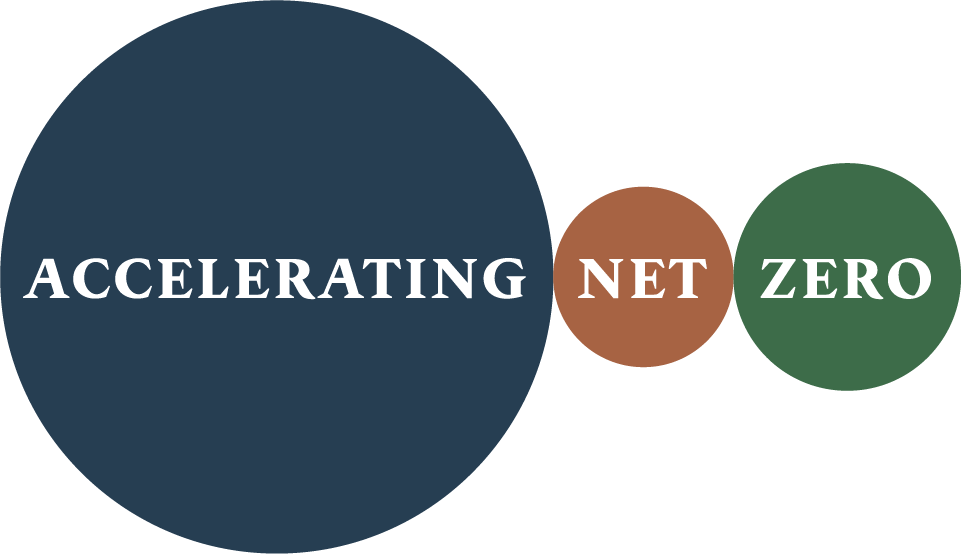
With thanks to our coalition members: a network of organisations similarly committed to achieving Net Zero


